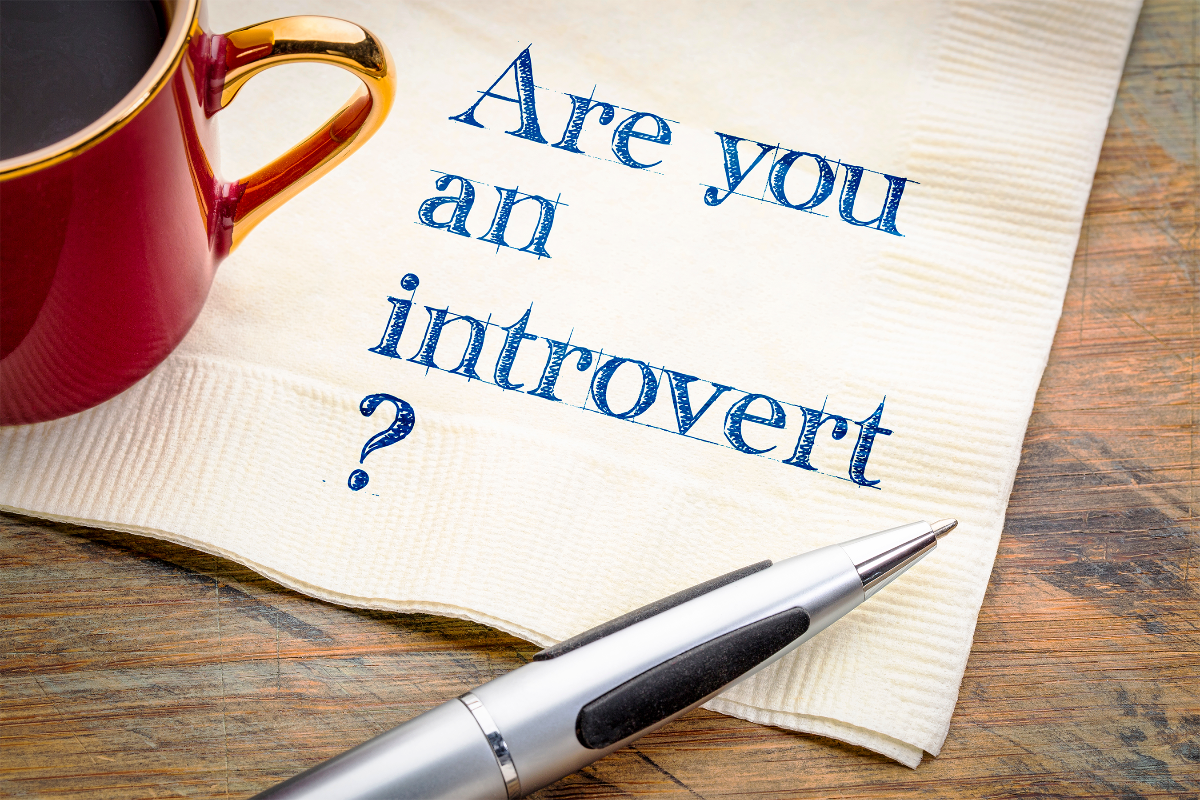I had the pleasure this week of recording a podcast with Holley Gerth: life coach, podcaster, and bestselling author of twenty books, including The Powerful Purpose of Introverts. Holley and I share the same passionate pursuit of helping people realize their potential and worth. Now more than ever, the world needs each of us to remove the masks, dump the pretenses, and be our true selves. The truer the better! We have no reason to be ashamed of who God made us to be.
Part of the natural balance of personalities in the world comes from the fact that half of us are extroverts and half are introverts.1 If you’re like me, maybe that statistic shocks you. Introverts make up half the population?! Or maybe you are nodding your head and thinking, That makes a lot of sense.
It’s important that, while wired differently, we figure out a healthy way to interact with one another–a way that doesn’t force a person to pretend or put them in situations that feel soul-sucking. Introverts can seem shy, insecure, aloof, or withdrawn. In reality, it may be that making small talk or being forced into social situations for long periods can feel pretty unbearable or worse, can leave them feeling trapped.
As you’ll hear in the podcast, Holley explains that these reactions aren’t preferences, they are biological. It helps to know that your introverted partner isn’t trying to be difficult if they don’t want you to throw them a big birthday party. Sometimes in a relationship, the extrovert can feel rejected. But when we better understand the brain chemistry behind our dispositions, it helps us to see the motive behind a behavior and can make us more tolerant and even empathetic.
The aim is for each person to remain in alignment with their true selves. Imagine how unhappy we’d be if extroverts were forced into quiet contemplation and introverts were made to share a room whenever they traveled. No one would be having a good time.
In my work as a leadership coach, I hear from introverted clients who have forced themselves to be extroverted and it creates a fragmentation of their true selves and the selves they project around others. I work to help them bring these two “selves” together. If a person tries to sustain a fragmented image, their body will eventually wave the white flag in the form of emotional burnout, chronic fatigue, illness, anxiety, etc.
It’s also worth noting that, as in all things, we aren’t able to fit the complexity of the human person into two rigid categories. A newish term being used is ambivert, when a person shows signs of both introvert and extrovert depending on the situation.2 The degree of our intro-/extroversion is on a continuum. Some introverts have extroverted jobs and manage it successfully and vice versa.
No matter which personality type we have, we can struggle in situations that pull us out of our comfort zone. Don’t allow that harsh inner critic to convince you that because of how you’re wired, you’re somehow failing, doing it wrong, are high maintenance, or seem unfriendly. You know what you need to find your peace and be your true self. Don’t let shame or guilt creep in. If you start to forget, seek out friends or counselors who can help remind you of who you are. Find the encouraging voices . . . and be an encourager to yourself. Don’t talk to yourself in a way you wouldn’t tolerate from others.
Holley and I chat about all this and much more. I hope you’ll check out the episode. And as always, leave me a comment and tell me what you think!

